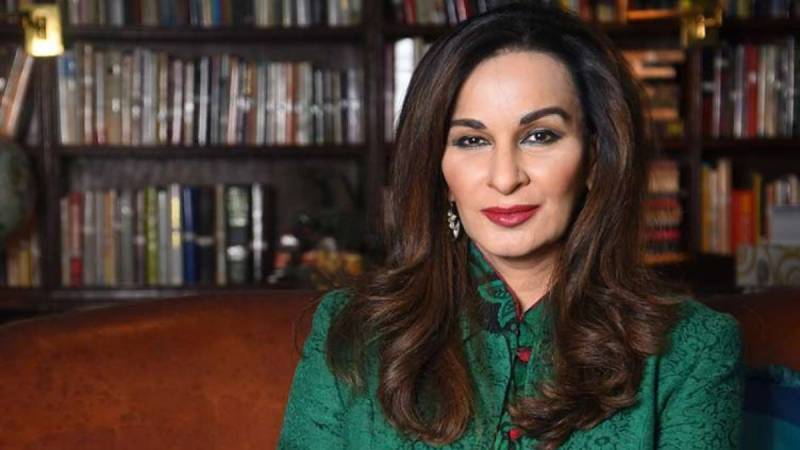
The famous American magazine "Time" has included Pakistan Peoples Party (PPP) leader and Federal Minister for Climate Change, Senator Sherry Rehman, among the 100 most influential people.
She has acquired this honor due to her sincere efforts in tackling the climate crisis and doing advocacy for it at the national and international levels.
The climate catastrophe has many unpleasant aspects, but one of the most upsetting is that the countries that are least to blame for it are being impacted the worst.
Only a small portion of the world's emissions come from Pakistan, but last year's climate disaster caused more than one-third of the country to flood.
When Sherry Rehman arrived in Egypt in November for COP27, the United Nations climate summit, the water had not yet completely subsided.
She offered individuals who had lost everything to the floods a voice there in her capacity as Minister for Climate Change for Pakistan. She persuaded many of the delegates that the egregious injustice had to end through passionate speeches and persistent participation in discussions.
At the conclusion of COP27, the international community made history by deciding to create new loss and damage funding arrangements in order to assist the most vulnerable countries. Although this is a significant step in the direction of climate justice, much work remains.
Along the way, the nation needs more individuals like Sherry Rehman.
Sherry Rehman started her professional career as a journalist with The Daily Star and then joined The Herald and became its editor-in-chief at the age of 26, serving until 1998. After leaving the Herald in 1998, she co-authored the book The Kashmiri Shawl: From Jamawar to Paisley. She worked as a professional journalist for 20 years and served as a member of the Council of Pakistan Newspaper Editors from 1988 to 1998. Rehman hosted a television current affairs show in 1999. She has also worked for the Pakistan Red Crescent Society as chairperson.
She was elected to the National Assembly of Pakistan for the first time as a candidate for PPP on a reserved seat for women in the 2002 general election.
She has acquired this honor due to her sincere efforts in tackling the climate crisis and doing advocacy for it at the national and international levels.
The climate catastrophe has many unpleasant aspects, but one of the most upsetting is that the countries that are least to blame for it are being impacted the worst.
Only a small portion of the world's emissions come from Pakistan, but last year's climate disaster caused more than one-third of the country to flood.
When Sherry Rehman arrived in Egypt in November for COP27, the United Nations climate summit, the water had not yet completely subsided.
She offered individuals who had lost everything to the floods a voice there in her capacity as Minister for Climate Change for Pakistan. She persuaded many of the delegates that the egregious injustice had to end through passionate speeches and persistent participation in discussions.
At the conclusion of COP27, the international community made history by deciding to create new loss and damage funding arrangements in order to assist the most vulnerable countries. Although this is a significant step in the direction of climate justice, much work remains.
Along the way, the nation needs more individuals like Sherry Rehman.
Sherry Rehman started her professional career as a journalist with The Daily Star and then joined The Herald and became its editor-in-chief at the age of 26, serving until 1998. After leaving the Herald in 1998, she co-authored the book The Kashmiri Shawl: From Jamawar to Paisley. She worked as a professional journalist for 20 years and served as a member of the Council of Pakistan Newspaper Editors from 1988 to 1998. Rehman hosted a television current affairs show in 1999. She has also worked for the Pakistan Red Crescent Society as chairperson.
She was elected to the National Assembly of Pakistan for the first time as a candidate for PPP on a reserved seat for women in the 2002 general election.

